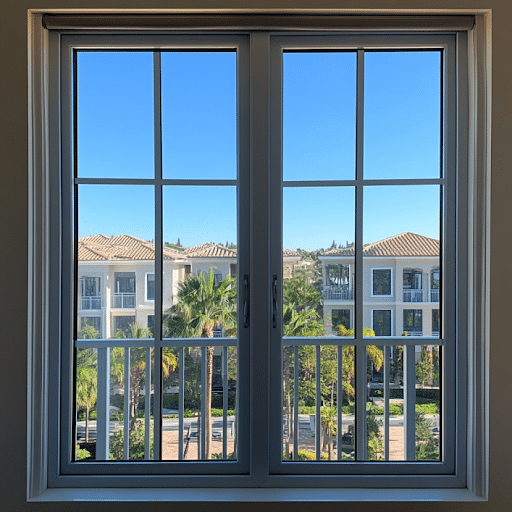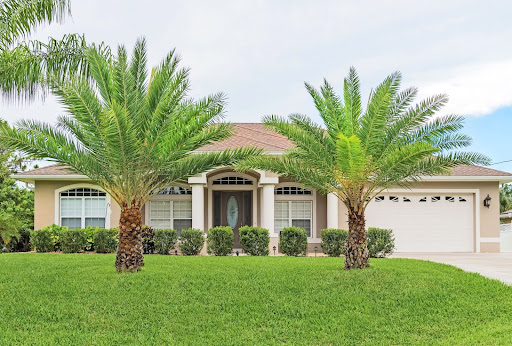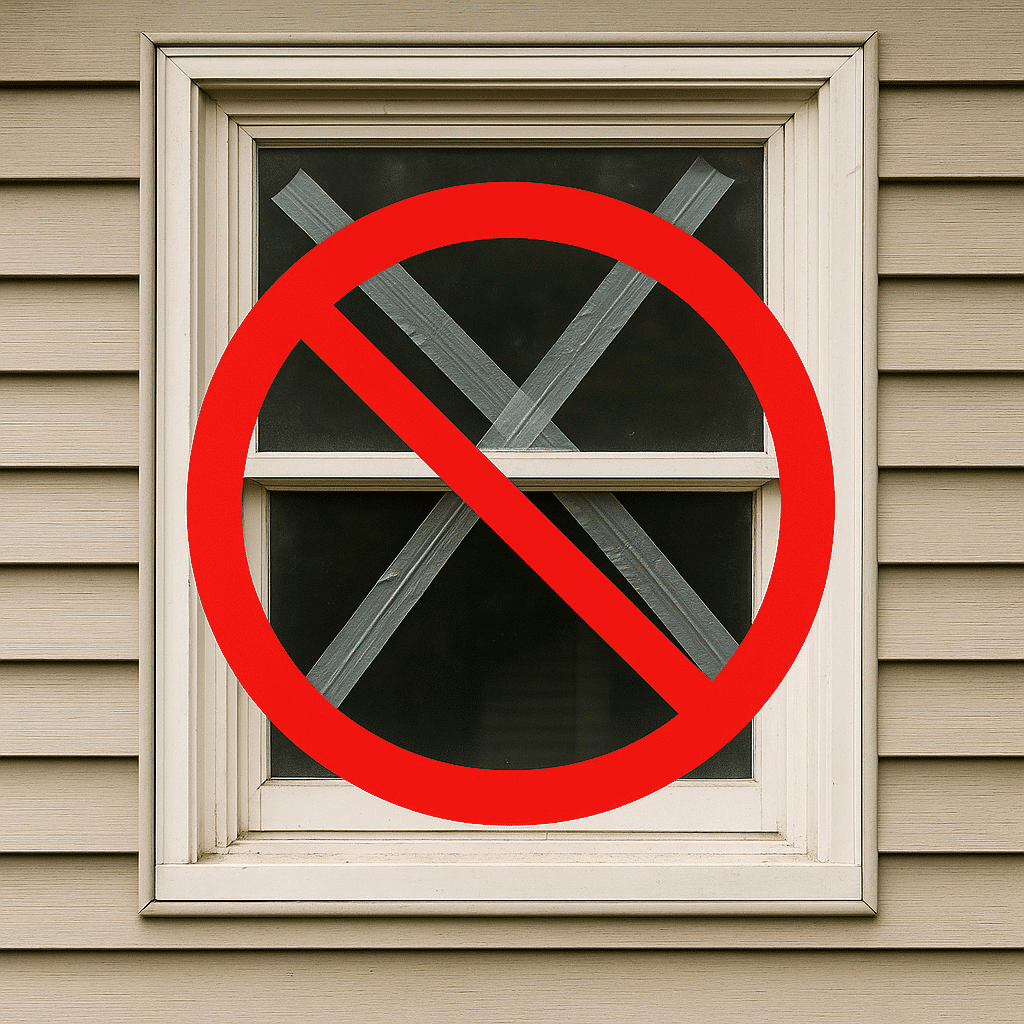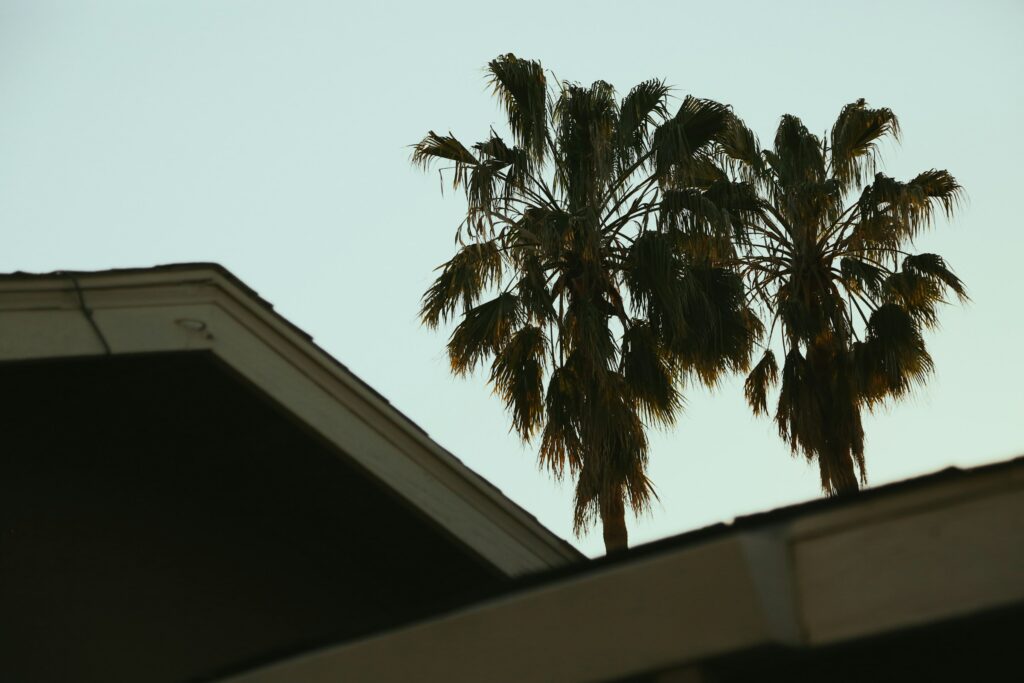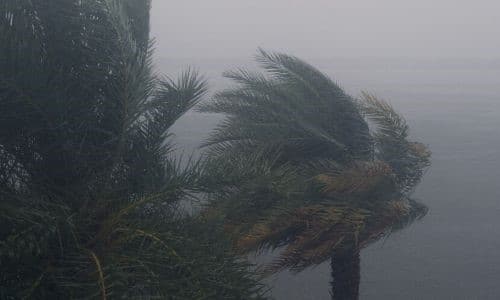
When hurricane season hits Florida, having the right windows isn’t just a nice upgrade—it’s a necessity. Whether you live in Fort Lauderdale, Tampa, or anywhere along the coast, impact-resistant windows offer year-round benefits like storm protection, lower energy bills, and added home value. But with so many options on the market, how do you know what to look for?
This guide walks you through the key features to prioritize when shopping for hurricane impact windows—so you can protect your home with confidence.
What Are Hurricane Impact Windows?
Hurricane windows, also called impact-resistant windows, are engineered to resist strong winds, flying debris, and intense pressure changes caused by tropical storms and hurricanes. They’re made with laminated glass—two panes of glass bonded with a durable plastic interlayer—that holds together even when shattered.
Florida building codes in many coastal counties require impact-resistant windows in new construction or major renovations. But beyond code compliance, these windows provide peace of mind, improved insulation, and increased resale value.
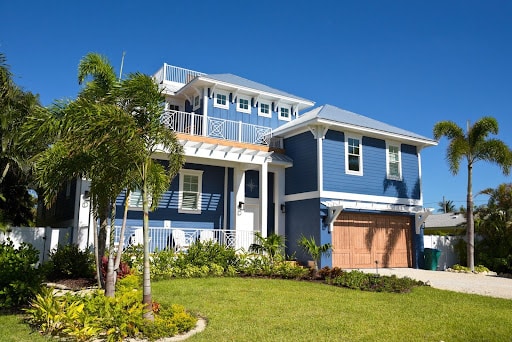
Structural Durability
When it comes to hurricane protection, strength matters. Look for windows that meet or exceed Florida’s rigorous testing standards—such as:
-
ASTM E1886/E1996 large missile impact tests: These are standardized tests that simulate hurricane conditions. A 9-pound 2x4 wood projectile is launched at the window at high speed to see if it can resist impact. Passing these tests means the window can withstand flying debris without breaking apart—critical for storm safety.
-
Miami-Dade Notice of Acceptance (NOA): The NOA is a product approval issued by Miami-Dade County for building materials used in high-velocity hurricane zones (HVHZ). If a window has an NOA, it means it has passed some of the strictest impact and wind resistance standards in the country.
-
High PSF (pounds per square foot) ratings, which indicate how well a window resists wind pressure
Frames made from reinforced aluminum or composite materials tend to offer the best structural integrity, while laminated glass is the industry standard for preventing breakage and keeping debris out.
Energy Efficiency
Florida heat can be relentless—and your windows play a major role in managing indoor comfort. Energy-efficient impact windows are designed to reduce solar heat gain and improve insulation. Look for:
-
Low-E (low emissivity) glass coatings to reflect UV and infrared rays
-
Argon or krypton gas fills between panes for added insulation
-
ENERGY STAR® certification for verified performance
The right combination of features can help lower your cooling costs and reduce strain on your HVAC system year-round.
Style and Design Flexibility
Impact windows don’t have to look like bunker doors. Today’s products come in a wide range of configurations to suit different home styles, including:
-
Single-hung and double-hung
-
Picture and architectural shapes
You can also choose from various frame finishes, grille patterns, and tint options to match your home’s exterior and interior aesthetic. Whether you're updating a classic bungalow or a modern build, you don’t have to sacrifice curb appeal for protection.
Noise Reduction
Living near a busy street, airport, or coastal area? Many impact windows also help block outside noise thanks to their multi-layer construction. While not all models are rated for sound transmission, laminated glass naturally dampens vibration and helps create a quieter indoor environment.
UV Protection
Hurricane impact windows with Low-E coatings or tinted glass can block up to 99% of harmful UV rays. This protects your flooring, furniture, and artwork from fading over time—and helps maintain a more consistent indoor temperature.
Maintenance and Materials
Look for window frames made of durable, low-maintenance materials like:
-
Aluminum – strong and weather-resistant, ideal for coastal homes
-
Vinyl – energy-efficient and resistant to rot or corrosion
-
Composite – combines the best of both worlds with excellent strength and insulation
Also consider features like easy-to-clean glass coatings, corrosion-resistant hardware, and removable screens to make upkeep simple.
Warranty Coverage
A strong warranty adds peace of mind and value to your investment. Look for manufacturers or installers that offer:
-
Lifetime or transferable warranties
-
Coverage on both materials and glass
-
Protection against accidental damage or seal failure
Some warranties also include labor coverage if your windows need repairs due to manufacturing defects.
Cost vs. Value
While hurricane windows come with a higher upfront cost compared to standard windows, the benefits outweigh the price in the long term. They can:
-
Reduce home insurance premiums (ask your agent about wind mitigation discounts)
-
Improve your home’s resale value
-
Cut down on energy usage
-
Increase protection during storms
Prices can vary depending on size, style, materials, and installation complexity, but in most cases, impact windows are a long-term investment that pays for itself in peace of mind and savings.
Bonus: Key Questions to Ask Before Buying
-
Are the windows code-compliant in my area?
-
What pressure ratings do they carry?
-
What materials are used for the frame and hardware?
-
Is professional installation included, and what does it cover?
-
What’s included in the warranty, and how long does it last?
-
Can these windows help me save on energy or insurance?
Trust a Florida-Based Expert
At FHIA Remodeling, we’ve helped over 100,000 homeowners across Florida install hurricane-ready products that match their homes, budgets, and energy goals. Our team specializes in custom solutions tailored to Florida’s unique climate—so you can be confident your home is protected, rain or shine.
Want help navigating the options? Schedule a free consultation and we’ll walk you through the best impact-resistant windows based on your location, style preferences, and budget.
FAQ
How do I know if I need hurricane impact windows?
If you live in a hurricane-prone region or a High-Velocity Hurricane Zone (HVHZ) like Miami-Dade or Broward County, impact windows may be required by code—and they’re highly recommended regardless.
Can impact windows reduce insurance premiums?
Yes. Many insurers offer discounts for homes with certified impact-resistant windows. Ask your agent for a wind mitigation inspection to verify eligibility.
Do impact windows also help with energy efficiency?
Yes. The combination of Low-E glass, gas fills, and airtight construction can significantly reduce cooling costs in Florida’s hot climate.
Will I still need shutters?
No. Properly certified impact windows eliminate the need for additional hurricane shutters.
70% off Installation
18 months no interest no payments
